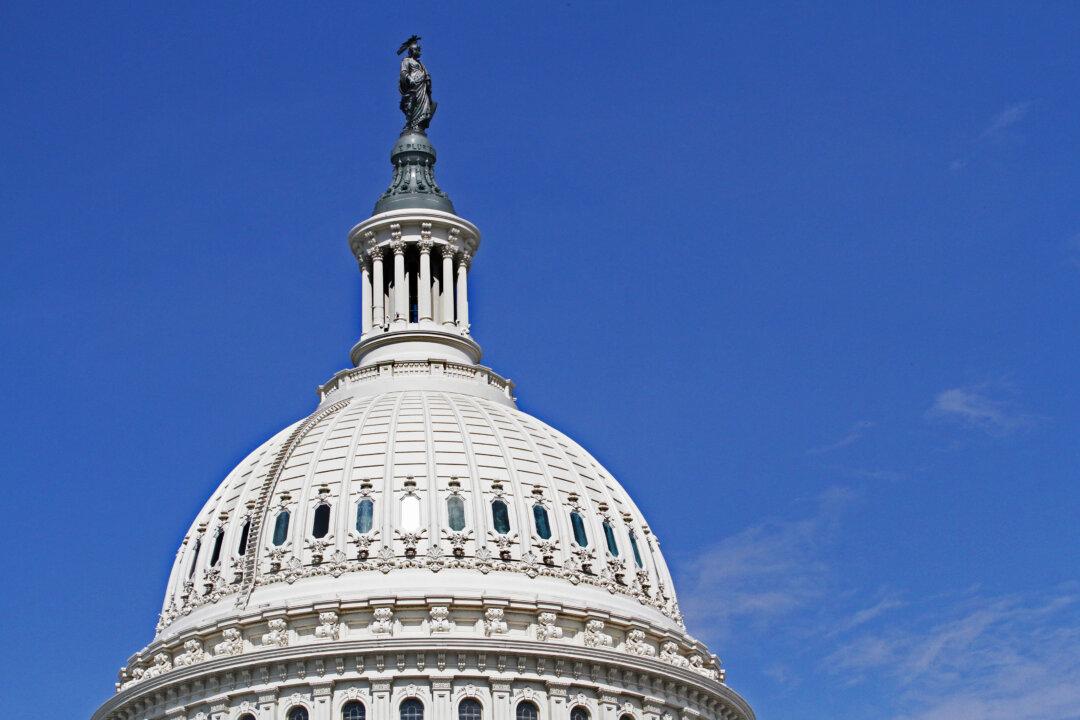The Senate passed a disapproval resolution on May 16 to block the District of Columbia’s police reform law.
The Democratic D.C. council has said the Comprehensive Policing and Justice Reform Amendment Act of 2022, which was passed by the city council last year and took effect in April, aims to boost police accountability and transparency. Republicans have argued that the law puts unnecessary restrictions on police as the city grapples with crime problems.





